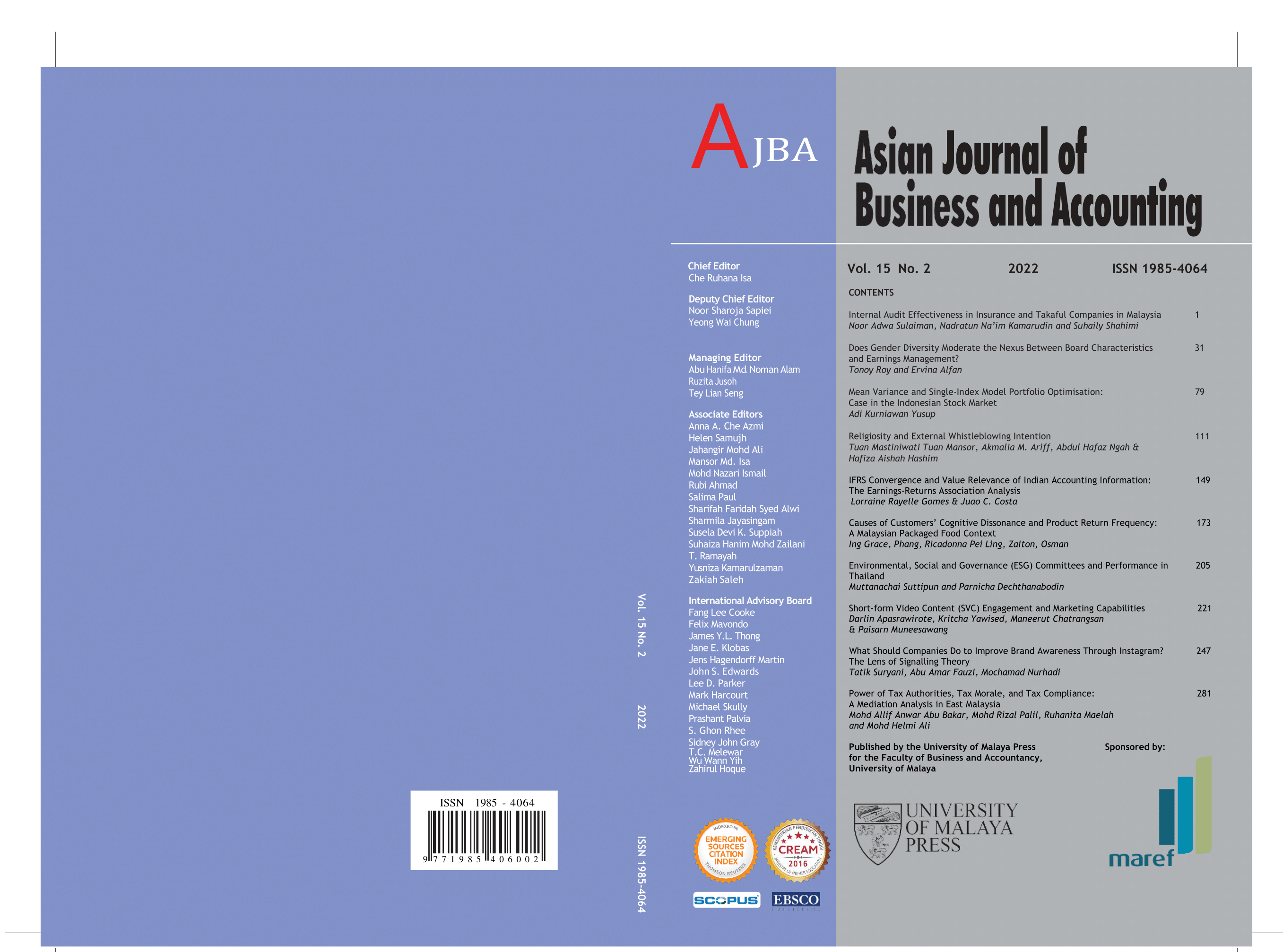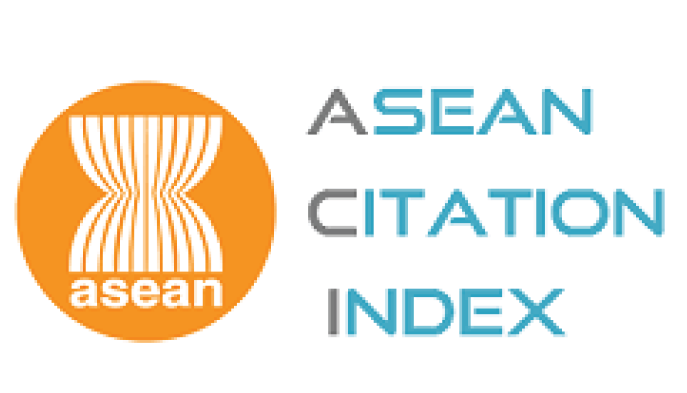IFRS Convergence and Value Relevance of Indian Accounting Information: The Earnings-Returns Association Analysis
DOI:
https://doi.org/10.22452/ajba.vol15no2.5Keywords:
Earnings-returns association, IFRS, Ind-AS, Mandatory convergence, Value relevance, Voluntary convergenceAbstract
Manuscript type: Research paper
Research aims: India has recently joined the accounting revolution by
implementing the International Financial Reporting Standards (IFRS)
through the convergence mode. This paper aims to examine the value
relevance of Indian accounting information by finding an association
between stock returns and the levels of earnings and changes in earnings.
Design/Methodology/Approach: The study follows both relative and
incremental association approaches to investigate changes in the value
relevance of accounting information prepared using the IFRS converged
Indian Accounting Standards (Ind-AS), while also examining the impact
of their voluntary use. The study employs the Easton and Harris (1991)
model on accounting data collected from 2012-13 to 2019-20. The panel
data of 7,064 firm-year observations covers 883 firms listed on the
National Stock Exchange (NSE) and uses relevant econometric tests and
multivariate panel regressions to test the hypotheses.
Research findings: The findings reveal a decline in the returns value
relevance following both mandatory and voluntary IFRS convergence.
Theoretical contribution/Originality: The study is the first to document
the changes in value relevance based on stock returns since the IFRS
convergence process began in India.
Practitioner/Policy implication: This line of research is significant
in Indian capital markets to unravel the effects of the new standards
on accounting as well as stock market variables. It has managerial
implications for firm and standard-setters. Research limitation: The value relevance results are based on the returns
model alone and the study does not analyse the price model.








